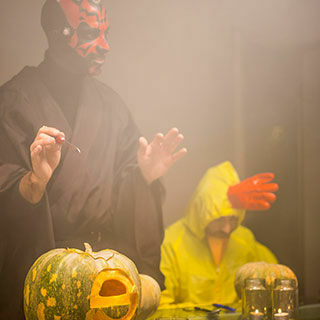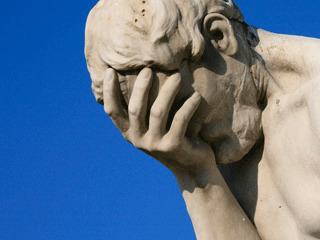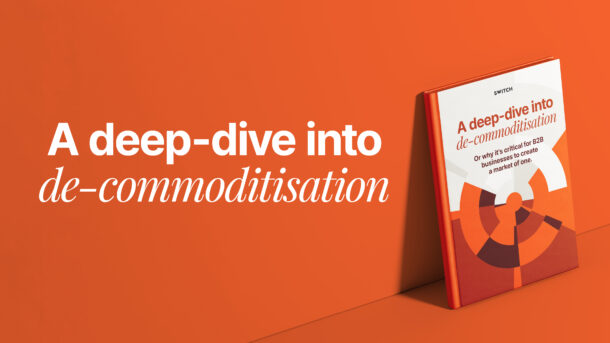A relaxed office is definitely more fun, but does it lead to increased creativity and productivity?
Ever since we saw Google employees getting to their canteen by jumping into a big red tube or getting to the floor below by sliding down a fireman’s pole we’ve thought that office 2.0 is the bee’s knees. I challenge any of you to see the early office scene in the Matrix and not be depressed by the never ending grey cubicles and stark, white lighting. Ok, so I’ve tackled two extremes, but still, many offices still look and feel like that dreaded pre-Matrix cubicle Neo’s struggling to escape from.

But are dress-up days and office holidays conducive towards a more productive office with better, more valuable outcome?
Office space personalisation is also spread across a vast spectrum. At the one end you have an office with barely more than a framed photo of one’s spouse. At the other you have completely unique and different workspaces designed by the individual employees to make them feel more at home. You do, after all, spend more time in your office than you do in your home (awake). If the office architecture and policy allows it, employees should be able to indulge in this personalisation. It even helps to improve client relationships when you meet at your desk, by bonding over items that both parties are interested in – ‘I love your mini cactus garden…didn’t know you had green fingers!’
When Steve Jobs designed Pixar HQ, there was only one place you could go use the bathroom – the central atrium. This meant that people from all departments, departments like accounts and design who would never normally mingle, met and interacted with each other on a regular basis. We bridge this gap in other ways, since our office is a far cry in size from the acres that Pixar is spread across. On foodie days, everyone cooks up a specific type of dish for our pot-luck lunch. We stop work early on a Friday for an office brainstorm – all to try and push cross-department interaction as much as possible.

Being a creative agency does mean that we can afford to think and act outside the box, but every company can help improve their employees’ office experience. I once read a quote along the lines of ‘What happens if I train my staff and they leave? Well, what happens if you train your staff and they don’t leave?’ Borrowing a bit from this, making your staff happier and helping get their creative juices flowing by improving their surroundings is also imperative for greater staff retention.
I can’t say whether the way we work improves our outcome or not, all I know is that it feels great to work here. As to the results of our work, why not see for yourself?




